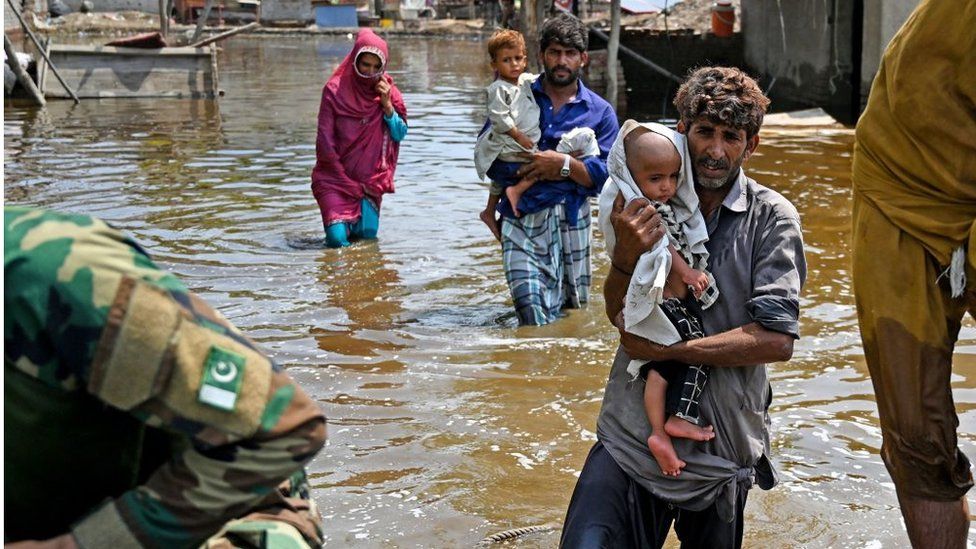A stark UN report has warned that the world is “woefully” underprepared for the escalating impacts of the climate crisis that is already hitting billions of people across the globe.
The UN Environment Programme (Unep) report showed that International funding to protect communities against heatwaves, floods and droughts is just 5-10% of what is needed today and actually fell in recent years, just as extreme weather hit even harder.
Among other things, the report estimated that between $215bn and $387bn a year is needed for climate adaptation in poor and vulnerable countries alone this decade. However, funding fell by 15% – to just $21bn – in 2021.
It will be recalled that rich nations pledged at the UN climate summit in Glasgow in 2021 to provide $40bn by 2025. Providing the adaptation measures needed to shield people from climate effects is a top priority for the Cop28 summit, which begins in the United Arab Emirates on 30 November, alongside cutting carbon emissions.
The report said that adaptation is highly cost-effective with, for example, every $1bn invested in protection against coastal flooding leading to a $14bn reduction in economic damages. It further found that protective measures would limit the future compensation to be paid through a new loss and damage fund that developing countries are demanding is made operational at Cop28.
Every country is underprepared for climate impacts, experts said, making adaptation a “matter of survival”. In the UK, for example, a recent adaptation plan “fell far short” of ensuring the protection of lives and livelihoods and is now being challenged in the courts.
In her reaction, Inger Andersen, the executive director of Unep said “as a civilisation, we are underprepared – we don’t have adequate planning or investments, and that leaves us all exposed,”. “In 2023, climate change yet again became more disruptive and deadly. We’ve seen the evidence before our very eyes and on our TV screens again and again.”
She highlighted flooding in Europe and China, extreme heat and wildfires in the US and Canada, and drought in east Africa. Andersen said the fall in adaptation funding was hugely worrying: “This has massive implications for people left to face the full force of climate impacts without any shield.” On limiting loss and damage, she said: “The longer you leave [adaptation], the greater the pain is going to be.”
Story was adapted from the Guardian.
